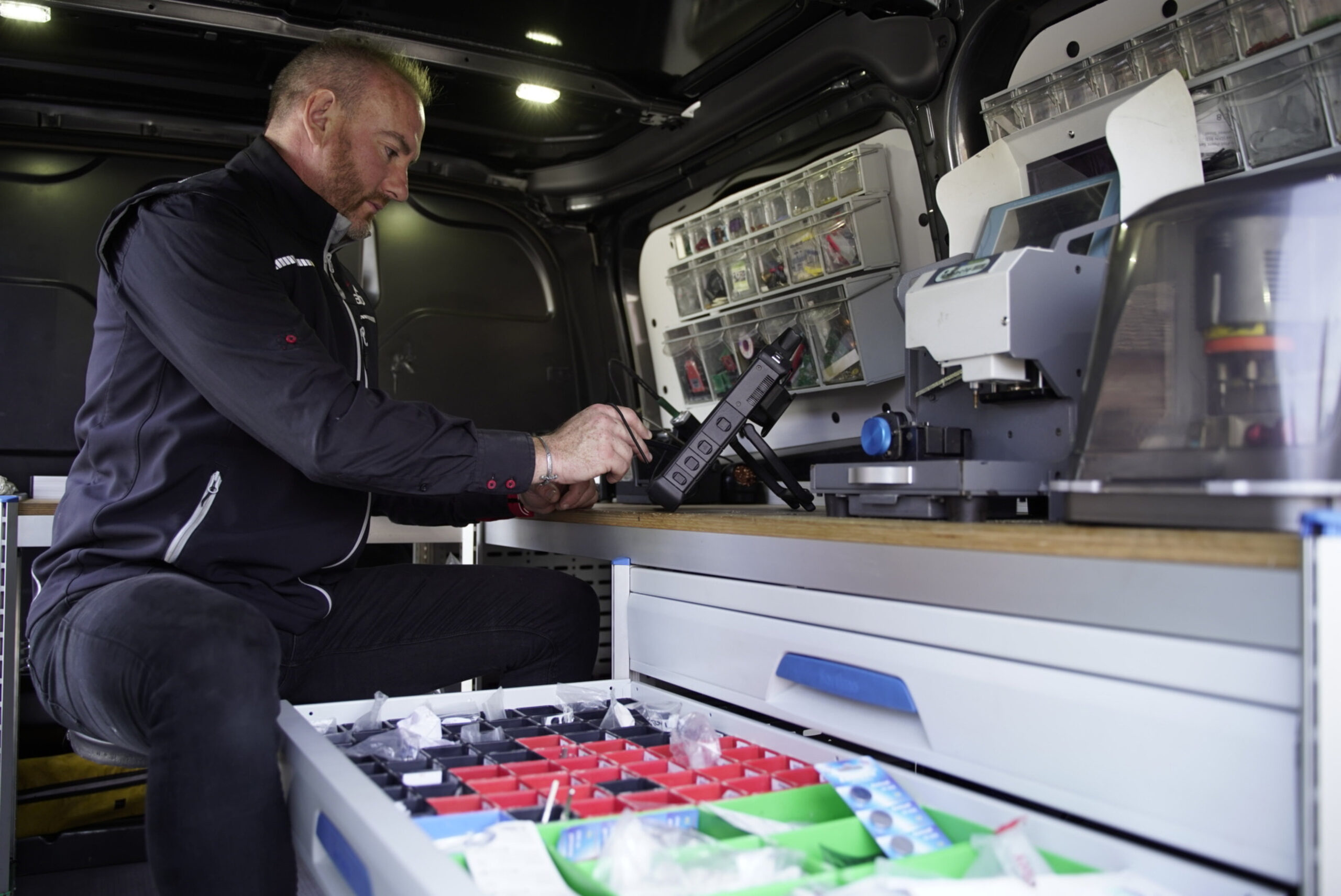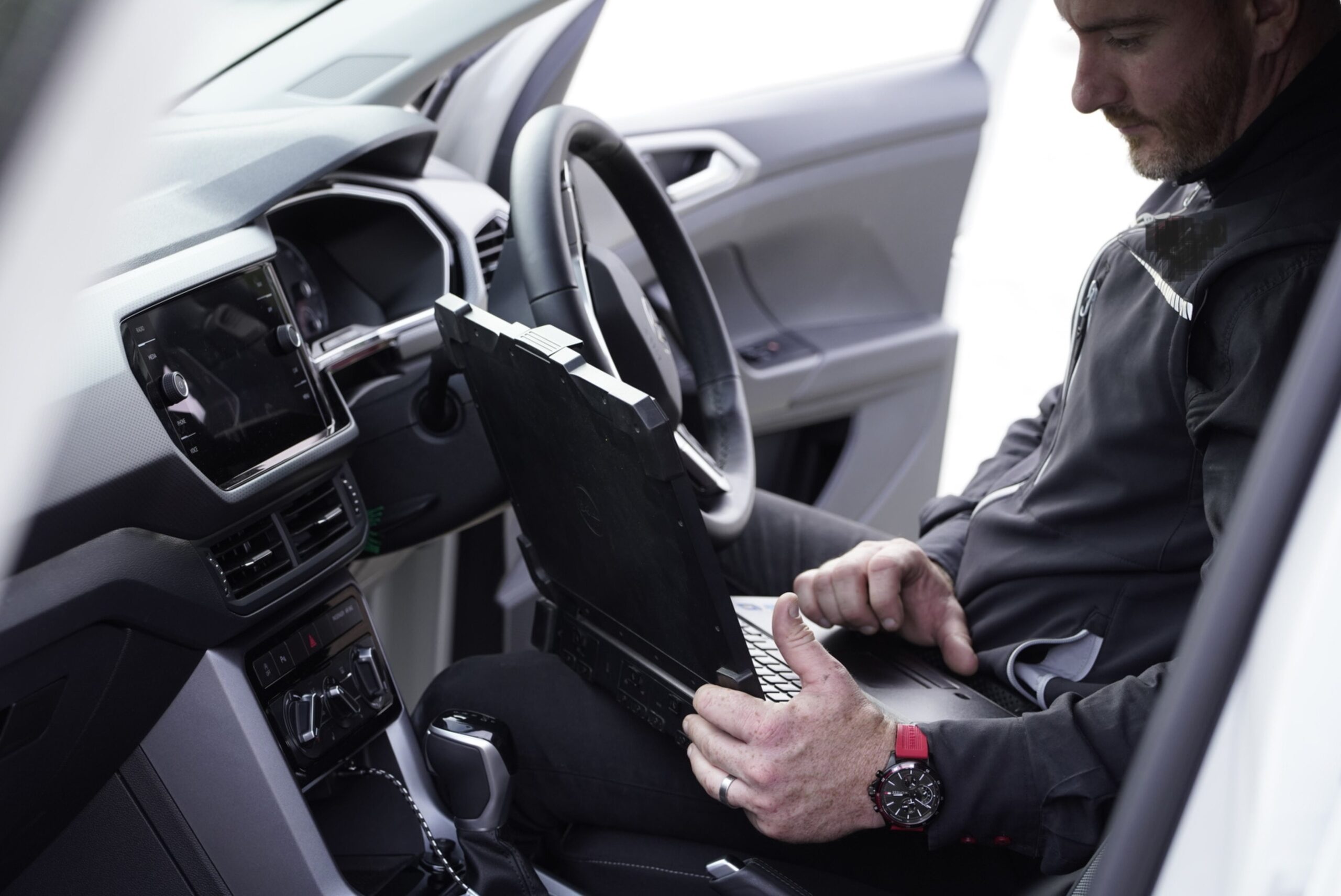Replacement Car Keys: Everything You Need to Know
Losing or harming car keys is a common event, and for many, it can interrupt day-to-day regimens and pose a significant inconvenience. Replacement car keys enter into play to guarantee you can regain access to your vehicle without extreme hassle. This article looks into the various elements of replacement car keys, from comprehending the types available to the processes involved in obtaining new ones.
Types of Car Keys
Understanding the various kinds of car keys offered is vital in figuring out the very best replacement alternative. Here's a breakdown of the most common types:
| Type of Car Key | Description |
|---|---|
| Requirement Keys | These are conventional metal keys with no electronic components. They are straightforward to duplicate and affordable. |
| Transponder Keys | Equipped with a chip that interacts with the car's ignition system, these keys are designed to avoid unauthorized access. |
| key replacement online Fobs | Remote control units that offer keyless entry and ignition functions. They are typically used in newer designs. |
| Smart Keys | Advanced keys that enable keyless entry and ignition, using proximity sensors. |
| Valet Keys | Streamlined keys designed to restrict access to certain performances, primarily for valet services. |
The Evolution of Car Keys
Car keys have actually evolved significantly over the years. From simple metal keys to highly sophisticated smart keys, the following points highlight this advancement:
- Early Days: Traditional metal keys offered access to vehicles without any additional functions.
- Transponder Technology: Introduced in the 1990s, transponder keys enhanced vehicle security by avoiding unauthorized duplication.
- Remote Access: Key fobs offered the benefit of remote locking and opening, paving the method for wise car technologies.
- Smart Keys: The newest model enables for smooth access and ignition, typically operating merely by being in distance to the vehicle.
How to Obtain Replacement Car Keys
Getting a replacement key for car near me car key can be a straightforward or complex process, depending on the kind of key and the specific vehicle design. Here are the actions included:
1. Identify Your Key Type
Determine which type of key you have. This will help you choose the right method to get a replacement.
2. Locate Your Vehicle Identification Number (VIN)
The VIN, normally found on the dashboard or inside the motorist's door frame, is essential for locksmith professionals and car dealerships when programming a new key.
3. Pick Your Replacement Option
Car owners can choose various paths for replacements:

Dealerships: Often the most pricey option, however dealerships have the manufacturer's specifications needed for innovative key types.
Regional Locksmiths: Usually a more economical choice, particularly for standard and transponder keys.

Online Services: Some online platforms use key duplication services, offering a cheaper option for basic keys.
Automotive Lockout Services: If locked out of one's car, mobile locksmith professional services can frequently create a replacement key on-site.
4. Supply Necessary Documentation
To get a replacement, people might need to offer evidence of ownership and recognition. This consists of:
- Vehicle Title
- Driver's License
- Insurance Information
5. Configuring the New Key
For transponder keys and clever keys, the brand-new key might require programs to sync with the vehicle's ignition system. Car dealerships are usually much better equipped for this job, however numerous locksmith professionals can also handle programming.
6. Evaluating the Key
As soon as the brand-new key is acquired and programmed, it's crucial to check it to guarantee it works effectively with the vehicle's ignition and locks.
Expenses of Replacement Car Keys
The cost of replacing car keys can vary significantly based upon the vehicle type and the key itself. Below is a summary of estimated costs for different kinds of car keys:
| Type of Key | Estimated Cost Range |
|---|---|
| Standard Key | ₤ 2 - ₤ 10 |
| Transponder Key | ₤ 50 - ₤ 200 |
| Key Fob | ₤ 100 - ₤ 500 |
| Smart Key | ₤ 200 - ₤ 600 |
Elements Influencing Cost
Numerous aspects can affect the general expense of replacing car key remote replacement keys:
- Manufacturer: Luxury cars tend to have more pricey keys.
- Key Programming: More innovative keys require specialized programming equipment.
- Geographic Location: Replacement costs can differ substantially by region.
FAQs About Replacement Car Keys
1. For how long does it take to get car key replacement (www.dinah.top) a replacement key?
The timeframe for getting a replacement key can vary. Dealerships may take several hours to days due to sourcing and programming, while locksmiths can frequently supply faster service.
2. Can I make a copy of my transponder key without the initial?
Unfortunately, producing a replicate transponder key usually requires the initial key for proper programming. If the original is lost, a new replacement may require to be created.
3. Is it possible to replace a lost wise key?
Yes, lost wise keys can be replaced; however, the procedure might include additional security procedures, requiring the vehicle owner to offer evidence of ownership.
4. Can I set my own key?
Some cars allow owners to program their own keys using particular series. However, for most contemporary vehicles, professional programs is advised due to intricacy.
5. What should I do if I lose my key while parked?
If you lose your key while parked, you have a number of options: call a locksmith professional, utilize a replicate key if available, or utilize roadside assistance services to help obtain or unlock your vehicle.
Replacement car keys are an essential element of modern vehicle ownership. Understanding the various types of keys, the processes involved in obtaining replacements, and the associated costs can help vehicle owners navigate the difficulties of lost or damaged keys. Whether opting for a dealership, a locksmith professional, or an online service, it's important for chauffeurs to be notified to make the best choice in reclaiming access to their lorries.



